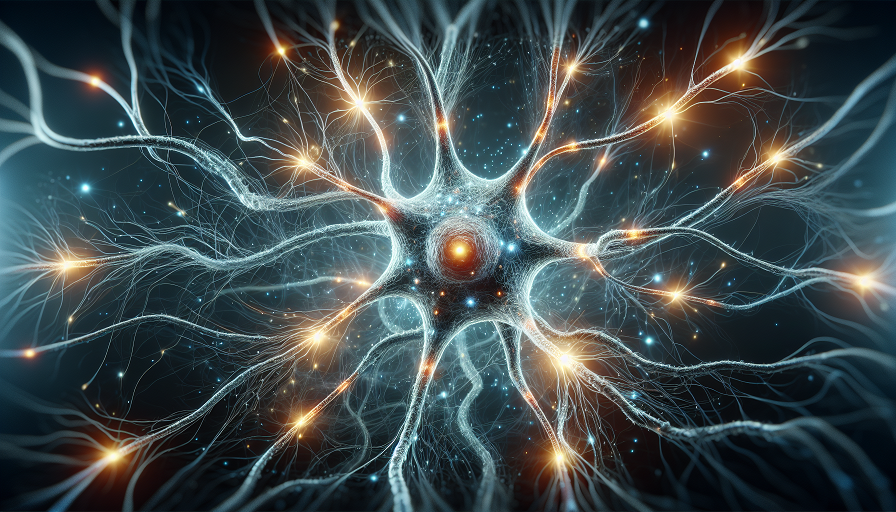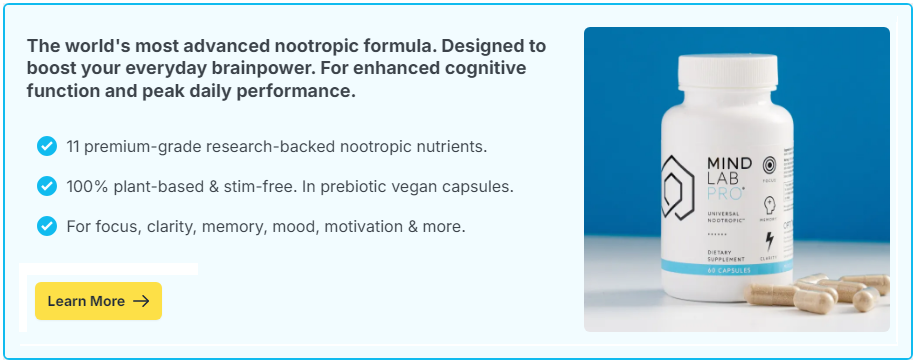
In today’s world, many people experience mental fatigue—a state of persistent tiredness, brain fog, and cognitive sluggishness that makes it difficult to concentrate or stay motivated. Whether due to work stress, lack of sleep, or burnout, mental fatigue can have a profound impact on productivity and well-being.
One natural remedy that has gained attention for combating mental fatigue is Rhodiola Rosea, an adaptogenic herb known for its potential to enhance resilience to stress and improve cognitive function. But does it really work? Can Rhodiola Rosea effectively fight mental exhaustion and improve focus?
Contents
What Is Rhodiola Rosea?
Rhodiola Rosea is a flowering herb that grows in cold regions of Europe, Asia, and North America. It has been used for centuries in traditional medicine, particularly in Russia and Scandinavia, to increase endurance, reduce stress, and combat fatigue.
How Does Rhodiola Rosea Work?
Rhodiola Rosea is classified as an adaptogen, meaning it helps the body adapt to stress by regulating key stress-related hormones such as cortisol. It also influences neurotransmitter function, promoting mental clarity and energy.
Key Bioactive Compounds in Rhodiola Rosea:
- Rosavins – Help regulate stress hormones and promote relaxation.
- Salidrosides – Support brain function, enhance mood, and reduce fatigue.
- Tyrosol – Acts as an antioxidant, protecting neurons from oxidative stress.
How Rhodiola Rosea Helps with Mental Fatigue
Mental fatigue is often linked to chronic stress, poor sleep, and neurotransmitter imbalances. Rhodiola Rosea addresses these issues in several ways:
Reduces Cortisol and Stress Response
Chronic stress leads to elevated cortisol levels, which can result in mental exhaustion and impaired cognitive function. Rhodiola Rosea helps regulate cortisol, allowing the brain to function more efficiently under pressure.
Enhances Mitochondrial Function and Energy Production
Rhodiola Rosea has been shown to support ATP production (the body’s energy currency) in brain cells, leading to increased mental stamina and endurance.
Supports Dopamine and Serotonin Balance
Neurotransmitters like dopamine and serotonin play a crucial role in motivation, focus, and emotional well-being. Rhodiola helps regulate these neurotransmitters, reducing brain fog and improving mood.
Improves Oxygen Utilization
Rhodiola enhances the brain’s ability to use oxygen more efficiently, which can improve focus and cognitive performance, particularly during periods of stress or sleep deprivation.
Scientific Research on Rhodiola Rosea for Mental Fatigue
Several studies have investigated Rhodiola Rosea’s effectiveness in reducing mental fatigue and improving cognitive function:
- A 2009 study in Phytomedicine found that participants who took Rhodiola Rosea experienced a significant reduction in fatigue and improved mental performance compared to the placebo group.
- A 2012 clinical trial published in BMC Complementary and Alternative Medicine showed that Rhodiola supplementation improved mental energy, concentration, and mood in individuals suffering from chronic fatigue syndrome.
- A 2018 meta-analysis in Frontiers in Pharmacology concluded that Rhodiola Rosea can enhance cognitive function and reduce stress-related mental exhaustion.
These studies suggest that Rhodiola Rosea is a promising natural remedy for combatting mental fatigue and enhancing cognitive endurance.
How to Take Rhodiola Rosea for Mental Fatigue
Recommended Dosage
For optimal results, a standardized extract of Rhodiola Rosea should contain:
- 3% rosavins
- 1% salidrosides
The commonly recommended dosage is:
- Low Dose: 100–200 mg per day (for mild cognitive support).
- Moderate Dose: 300–600 mg per day (for significant mental fatigue reduction).
- High Dose: 600–800 mg per day (for extreme fatigue and stress resistance).
Best Time to Take Rhodiola Rosea
- Morning: To boost energy and mental clarity for the day.
- Before Work or Study: To improve focus and reduce cognitive fatigue.
Potential Side Effects and Considerations
Rhodiola Rosea is generally safe, but some individuals may experience mild side effects.
Possible Side Effects:
- Restlessness or jitteriness (especially at high doses).
- Mild digestive discomfort.
- Lowered blood pressure (may not be suitable for those with hypotension).
Who Should Avoid Rhodiola Rosea?
- People with low blood pressure should consult a doctor before use.
- Individuals on antidepressants should check for interactions.
- Those with severe anxiety disorders should monitor their response, as Rhodiola can be stimulating.
How Rhodiola Rosea Compares to Other Nootropics for Mental Fatigue
| Supplement | Primary Benefit | Best For |
|---|---|---|
| Rhodiola Rosea | Reduces stress and mental fatigue. | Improving focus and energy during stress. |
| L-Theanine | Promotes relaxation without drowsiness. | Reducing stress while maintaining focus. |
| Ginseng | Boosts energy and cognitive function. | Enhancing mental performance and endurance. |
Does Rhodiola Rosea really help with mental fatigue? Based on both scientific research and anecdotal evidence, the answer is yes. It can effectively reduce cognitive exhaustion, enhance focus, and support overall mental resilience.
If you’re struggling with brain fog, stress-related fatigue, or difficulty concentrating, Rhodiola Rosea may be a powerful natural solution to restore mental clarity and energy.

